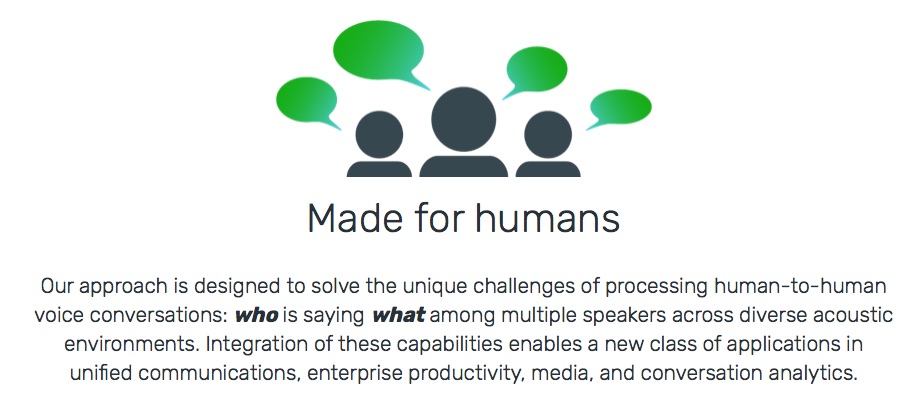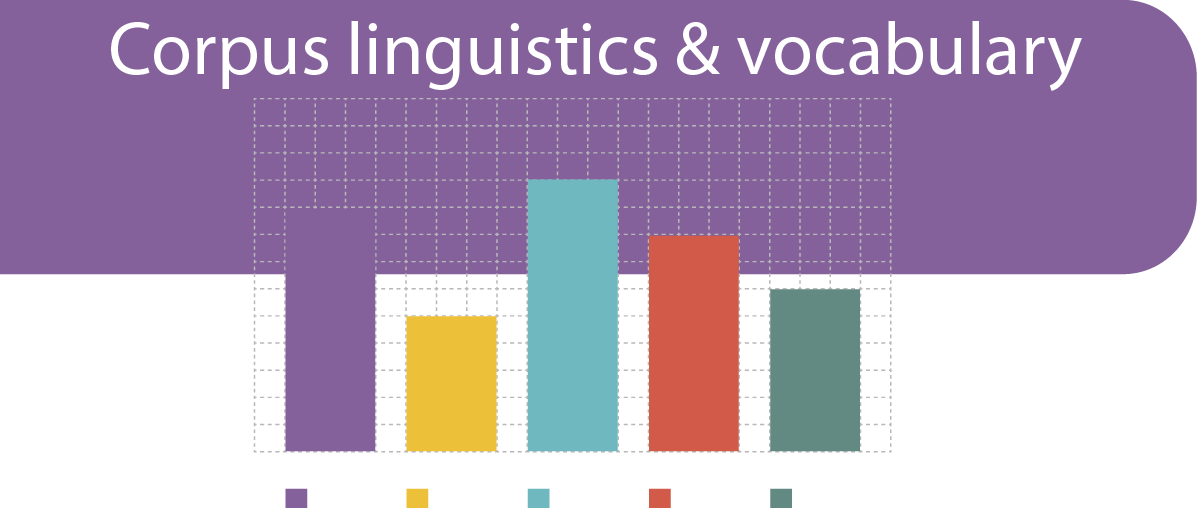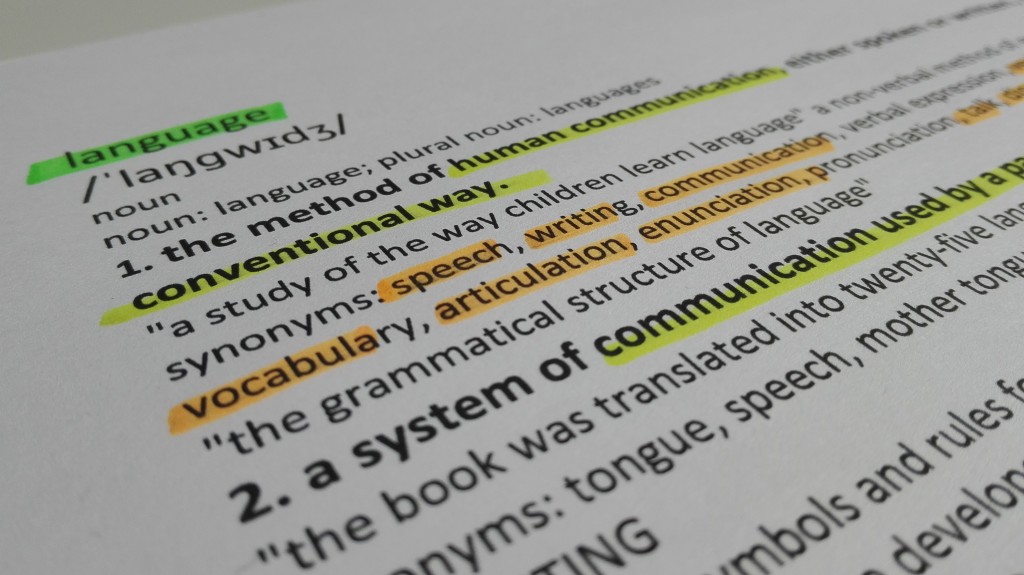
14th American Association for Corpus Linguistics (AACL) Conference, September 20-22, 2018 in Atlanta, GA
We are now accepting proposals for paper and poster presentations for the AACL 2018 conference.
Conference website: http://alsl.gsu.edu/2018-aacl-conference/ (information on registration, travel, accommodation etc. will be added in the spring).
CONFERENCE ANNOUNCEMENT
The Department of Applied Linguistics and ESL (http://alsl.gsu.edu/) at Georgia State University (GSU) is excited to host the 14th Conference of the American Association for Corpus Linguistics (AACL), 20-22 September 2018 on the GSU main campus in downtown Atlanta, GA. Please mark your calendars!
Previous conferences of the American Association for (Applied) Corpus Linguistics have been held at different universities in North America starting in 1999: Northern Arizona University (2014, 2006, 2000), Iowa State University (2016), San Diego State University (2013), Georgia State University (2011), University of Alberta, Canada (2009), Brigham Young University (2008), University of Michigan (1999, 2005), Montclair State University (2004), Indiana University-Purdue University Indianapolis (2002), and University of Massachusetts-Boston (2001).
We are proud to have the following keynote speakers at AACL 2018:
Tony Berber Sardinha, Catholic University of São Paulo
Bethany Gray, Iowa State University
Stefan Gries, University of California at Santa Barbara
The conference will feature pre-conference workshops, plenary talks, and paper and poster presentation sessions.
IMPORTANT DATES
November 2017: First call for proposals
15 February 2018: Deadline for submission of abstracts
31 March 2018: Notification of decisions on abstracts
20 September 2018: Registration and pre-conference workshops
21-22 September 2018: Conference
CALL FOR PROPOSALS
Faculty, graduate students, and independent scholars are invited to submit abstracts of 250 to 300 words (not including references) for 25-minute papers (20 minute presentation + 5 minutes for questions) and posters on any aspect of corpus linguistics. Abstracts will undergo anonymous review.
Papers and posters are welcome from a range of subfields in three categories:
1. Tools and methods (corpus creation, corpus annotation, tagging and parsing, visualization of large data sets, open source corpora, software development)
2. Linguistic analyses of corpora as they relate to language use (register/genre as well as lexical and grammatical variation, language varieties, parallel corpora, historical change, lexicography)
3. Application (the use of corpora in language teaching and learning).
Abstract submission
Please submit your abstract through our EasyChair conference page at https://easychair.org/conferences/?conf=aacl2018. If your abstract contains any specialized fonts or special formatting, please submit it as a PDF file.
Feel free to email the conference co-chairs at aacl2018@gmail.com if you have any questions. We look forward to receiving your proposals!
Viviana Cortes, Eric Friginal, Ute Römer (AACL 2018 co-chairs)





